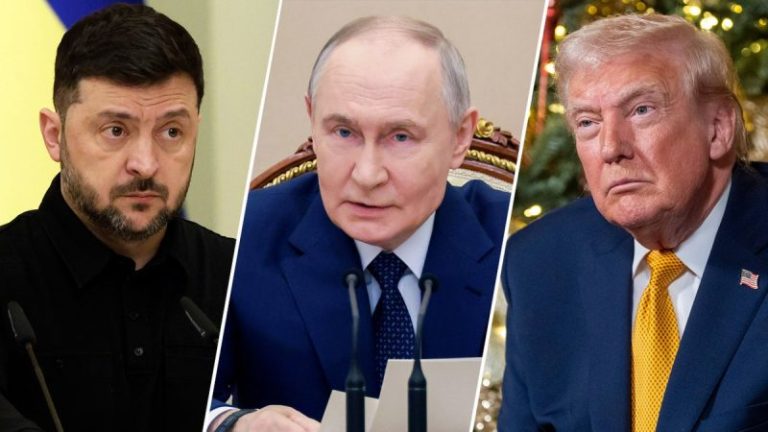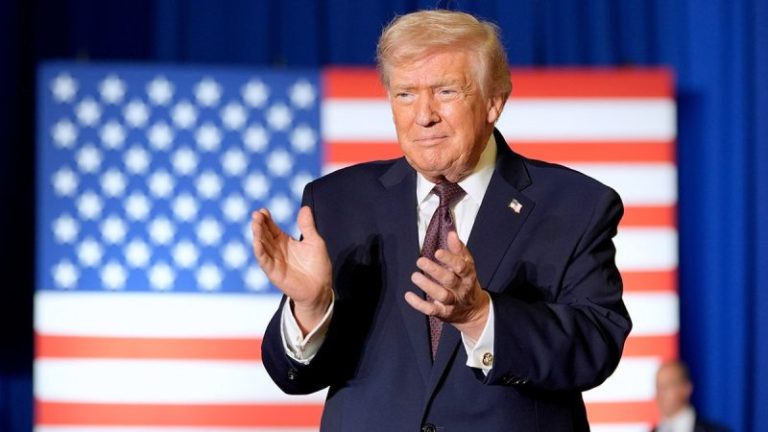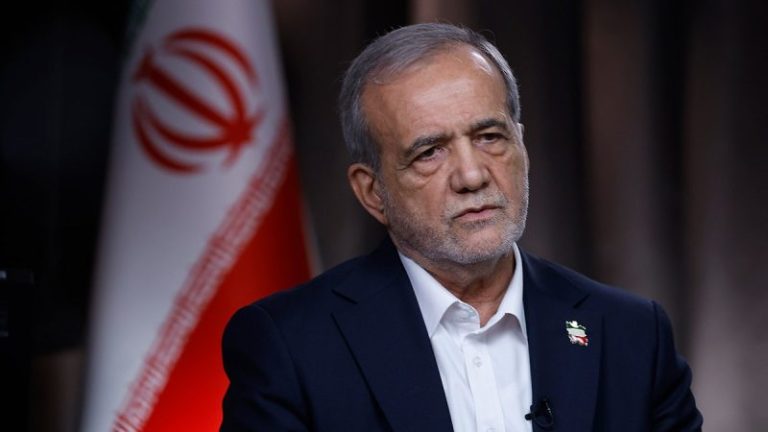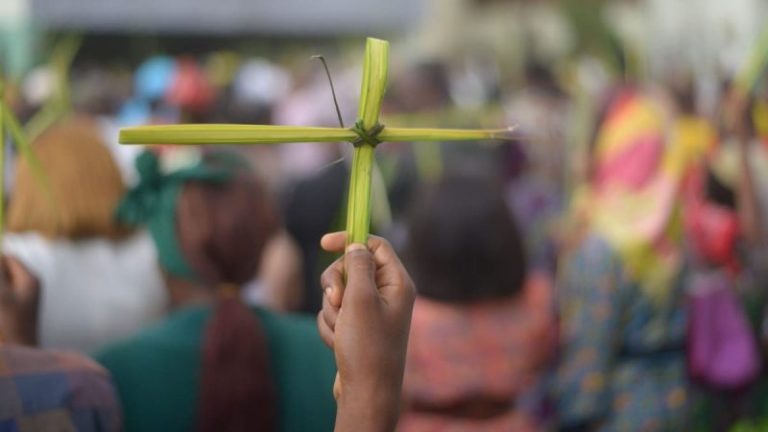Generally speaking, nobody outside of Washington, D.C., brunch spots cares very much what happens at think tanks. But recent upheavals at the Heritage Foundation are not only making news, they are potentially framing what the Republican Party will look like after President Trump leaves office.
The current kerfuffle at Heritage, the nation’s leading conservative think tank, began on Oct. 30, when its president, Kevin Roberts, gave a speech defending Tucker Carlson for interviewing a snarky young Holocaust denier.
‘The Heritage Foundation didn’t become the intellectual backbone of the conservative movement by canceling our own people or policing the consciences of Christians, and we won’t start doing that now,’ Roberts said.
A pitter-patter of outraged resignations came almost immediately, even after Roberts apologized for his remarks, but last week, almost two months later, nearly an entire division of Heritage’s legal and economic experts jumped ship to former Vice President Mike Pence’s Advancing American Freedom (AAF).
The significant question in all of this is whether Roberts playing footsie with antisemites is the real or only reason why so many top experts joined the exodus to Pence’s outfit, and there is some reason to be dubious.
Take for example Trump’s zealous use of tariffs in international trade. This kind of protectionism is constitutionally anathema to exactly the type of conservative economist who prowled the halls of Heritage, but the think tank itself was standing by the president’s policies.
Add to this that Heritage seems to be leaning heavily into Vice President JD VanceJD Vance’s 2028 presidential ambitions, in fact Roberts’ original video may have been intended for the veep who is close with Carlson and has made fighting globalism and saving small industrial towns the centerpiece of his national message.
The problem is that most of the longtime Heritage economists really like globalism and think saving ‘Nowhere, Ohio’ from oblivion is a pipe dream. Now, they truly have no seat at the table, either at Heritage or in the Trump administration.
Such tensions also exist in foreign policy and immigration, and a cynic might suggest that the Heritage bleedout is just another example of conservatives with strong ideological differences from Trump deciding it’s no longer working to cozy up to him, and taking whatever current moral outrage is available as an offramp.
This is exactly what Pence did after the Capitol riots of Jan. 6, 2021, leading him to found AAF, which, by the way, is as anti-tariffs as the day is long.
In this fight for the soul of the Republican Party and conservative movement, both Heritage and AAF are redefining what a think tank is and what it does, in important ways.
Traditionally, wealthy donors would give money to guys with good hair to get elected and also fund bald guys at think tanks, who were rarely seen or heard from, to produce the actual policy. But voters have seen through this, leading the think tanks to more direct outreach to the public.
In the 2024 election, Heritage’s ‘Project 2025’ was a headline story for months, something completely unprecedented in the history of presidential politics for a think tank. Today, through moves such as hiring Moms for Liberty co-founder Tiffany Justice, Heritage is committing to more populism and activism and less back-room algebra.
AAF is starting to play this game too. The think tank put out a satirical X post comparing the flood of Heritage staffers coming their way to a college football team dominating in the transfer portal, another hint that more than moral outrage was at play here.
The headwind that AAF is likely to run into with conservative voters in their anti-populism efforts is that populism is popular, and globalism, along with many other core tenets of the pre-Trump GOP, isn’t.
The best chance for AAF, and it’s not a bad one, is to focus on lowering prices by lowering tariff. But a conservative think tank yelling that prices are too high while the GOP holds the White House and Congress is a nightmare for Republican midterm hopes.
The more vital question is what American voters want more, deeper discounts on foreign goods from China or functional communities where they can raise their families? For AAF to succeed it must address the latter, not just the former.
In Vance’s, and increasingly Heritage’s, vision of America, our small industrial towns see a revival through tariffs and foreign investment. In AAF’s vision, those towns may continue to wither, but Americans are free to move to where the jobs and abundance are.
Neither proponents of these visions can guarantee the success of their proposed programs, but the ‘save our towns’ side is currently in power and ascending. If AAF wants to change that, it needs more than moral outrage. It needs to convince Americans that globalism really wasn’t so bad, and that it is time to return to it.










